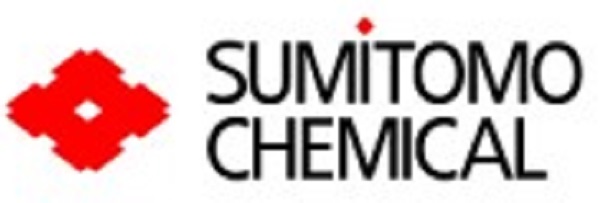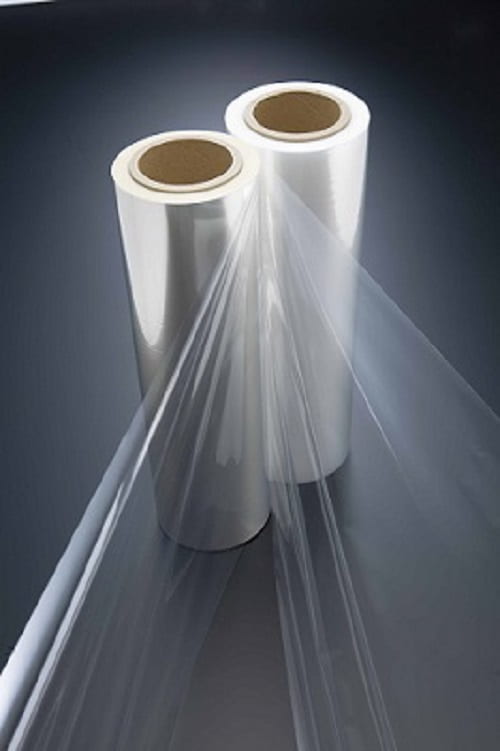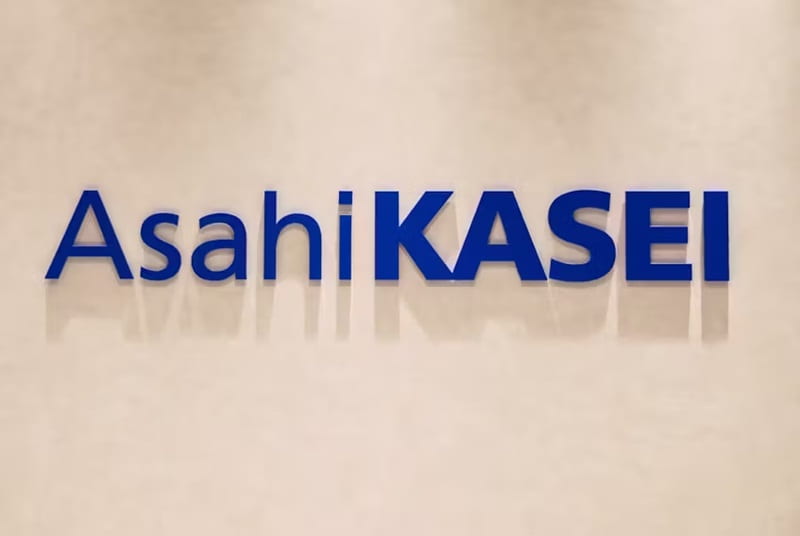Battery technology – The Advanced Packaging Association (APA) is championing polyamide in flexible packaging as a recyclable and sustainable option 12-06-2024
Battery technology
Crude Oil Prices Trend

Crude Oil Prices Trend by Polyestertime
Sulzer is set to unveil MellapakEvo™, the latest addition to its structured packing family, at ACHEMA 2024 in Frankfurt, Germany, from June 10-14, 2024
This innovative design significantly enhances distillation column efficiency by up to 40%, promising both cost savings and environmental benefits due to its reduced pressure drop and lower energy consumption.
MellapakEvo has been engineered to maximize distillation column efficiency and capacity. Its cutting-edge design offers up to 40% greater efficiency or a 20% increase in capacity compared to standard structured packing. This performance boost is attributed to several structural innovations, including optimized packing geometry that enhances liquid spreading and improves liquid surface renewal. Battery technology
These enhancements are crucial for effective mass transfer, ensuring better interaction between liquid and gas phases.
The versatility of MellapakEvo makes it suitable for a wide range of distillation processes, particularly in the chemical processing industry where high efficiency and low pressure drop are essential.
As ACHEMA 2024’s official innovation partner, Sulzer will also showcase various interactive mass transfer components and a holographic display of its latest innovations.
Virtual environments at Sulzer’s stand will guide attendees through solutions for chemical processing, including falling-film crystallization, distillation, purification, and EPS and PLA production. Battery technology

Unraveling the recycling challenge in fashion
Clothing has become increasingly disposable in today’s fast fashion culture. Only a small percentage is collected and made into reusable material, in part because so much new clothing combines synthetic and natural fibers, which is hard to recycle. That’s a big problem for the environment and wastes precious resources. GEA offers industrial scale solutions that support circularity in the textile value chain.
As living standards rise in many countries, so too has demand for “fast fashion” – inexpensive clothing that can be ordered with a click of a button and sent to your home in a matter of days. Battery technology
According to the UN Alliance for Sustainable Fashion, prior to the covid pandemic, the average consumer bought 60 percent more pieces of clothing than 15 years ago and kept each item for half as long. The fast-fashion phenomenon underscores and heightens – literally – a decades-long challenge: the need to reduce the environmental impact of textiles and textile production.
The industry, as reported in the UN Environment Programme 2023 report, “Sustainability and Circularity in the Textile Value Chain”, uses trillions of liters of water, contributes around nine percent of annual microplastic losses to oceans and is responsible for up to eight percent of global carbon emissions. Battery technology

Sumitomo Chemical to Participate in PIAE 2024, One of the World’s Largest Conferences on Plastics for Automotive Applications
The Sumitomo Chemical Group is set to participate in the PIAE–International Professional Congress for Plastics in Cars, one of the largest global conferences for plastics experts in the automotive industry. The event will take place in Mannheim, Germany, from Wednesday, June 19 to Thursday, June 20, 2024. Sumitomo Chemical Europe, the company’s European subsidiary, will showcase advanced engineering plastics designed for the next-generation electric vehicle (EV) market, which is projected to experience significant growth. Their exhibit will highlight innovative automotive solutions, including lightweight materials specifically developed for EV applications. Battery technology
Additionally, Sumika Polymer Compounds (UK), another subsidiary of Sumitomo Chemical, will be present at the event. They will exhibit and deliver a presentation on their latest technology focused on reducing carbon footprints using glass fiber-reinforced polypropylene (PP) compounds for automotive applications.

Altris, a Swedish innovator in sodium-ion battery technology, has joined forces with Stora Enso, a leader in renewable materials, to advance the use of Lignode®, a hard carbon anode material, in Altris’ battery cells
This collaboration aims to integrate Stora Enso’s Lignode® into Altris’ sodium-ion batteries, which are distinguished by their use of widely available materials and absence of conflict minerals, offering enhanced longevity, temperature flexibility, and safety.
The partnership is set to bolster the development of eco-friendly batteries that maintain high energy density, contributing to a sustainable European battery supply chain. Lignode®, derived from lignin—a renewable by-product of pulp production—offers a greener alternative to traditional anode materials, supported by a consistent supply of raw materials from regenerative tree sources. Battery technology
Björn Mårlid, CEO of Altris, expresses enthusiasm for the collaboration, which aligns with Altris’ goal to create a local supply chain using clean materials, aiming to commercialize the world’s most sustainable battery. Juuso Konttinen, Senior Vice President & Head of Biomaterials Growth at Stora Enso, highlights the importance of bio-based materials in enhancing battery sustainability, with Lignode® poised to become the most sustainable anode material globally.
This partnership marks a significant step in Altris’ ongoing product development, following the 2023 unveiling of a commercial-sized sodium-ion battery cell boasting an energy density of 160 Wh/kg. Battery technology

China’s BOPP Film Market Faces Price Fluctuations Due to Rising Raw Material Costs
The Biaxially Oriented Polypropylene (BOPP Film) market in China is currently facing a complex set of dynamics shaped by a mix of supply stability and fluctuating demand. As of now, manufacturers are maintaining a steady inventory, ensuring that supply remains consistent and uninterrupted. However, the market is experiencing a weak willingness to restock BOPP Film materials, which is a crucial factor affecting overall market performance. Battery technology
At the beginning of the month, there was a noticeable increase in upstream propane prices. This rise in propane prices, a critical component in the production of propylene, has had a ripple effect across the supply chain. Consequently, propylene prices have also surged in various parts of Asia. Since propylene is a key feedstock for producing BOPP Film, these increased costs have led to higher BOPP Film values in the Chinese market. The price of raw material Polypropylene increased by approximately 1% over the past week. Battery technology
Despite the rise in costs, the response from downstream demand enterprises has been markedly cautious. Enterprises involved in sectors that utilize BOPP Film are hesitant to procure large quantities of material. Their approach is primarily centered on restocking rather than aggressive purchasing, reflecting a conservative stance toward inventory management.

The Advanced Packaging Association (APA) is championing polyamide in flexible packaging as a recyclable and sustainable option
Established in Brussels, APA comprises leading polyamide producers like BASF, UBE, Envalior, DOMO Chemicals, and Grupa Azoty ATT Polymers. Their goal is to have polyamide-based packaging recognized for its recyclability and sustainability by 2027, backed by scientific evidence. Battery technology
This initiative aims to curb food waste and minimize raw material usage.
Polyamide is essential for high-performance packaging, adhering to the “reduce, reuse, recycle” principles. It ensures optimal performance with minimal raw material, helping to cut down on food waste and providing a cost-effective packaging solution.
APA is calling on all supply chain stakeholders, including film producers, converters, machinery manufacturers, recyclers, industry initiatives, brand owners, food manufacturers, retailers, and individuals, to support polyamide packaging. This support will promote sustainability and circularity in flexible packaging, as stated by APA President Nicola Bucchioni. Battery technology
Vice President Paul Neumann emphasizes that while single-material packaging designs may seem ideal for recyclability, they overlook the primary purpose of packaging: to protect contents effectively with the least raw material. Advanced packaging, according to Neumann, strikes a balance between functionality, material efficiency, and recyclability. APA invites everyone to partake in this significant endeavor to enhance packaging sustainability.

Asahi Kasei, a Japanese technology leader, will showcase innovative high-performance materials for the automotive sector at DKT 2024 in Nuremberg, Germany
Their cutting-edge hydrogenated solution styrene butadiene rubber (HSBR) retains SBR’s favorable traits while offering enhanced resistance to heat, aging, and chemicals through selective hydrogenation. Battery technology
This breakthrough HSBR also aims to reduce the use of 6PPD, an antioxidant linked to environmental toxicity, by breaking down into 6PPD-quinone. The hydrogenation process not only improves the material’s properties but also increases its hardness, potentially diminishing the reliance on fillers like silica or carbon black.
Asahi Kasei’s HSBR paves the way for diverse applications, from performance tires to non-tire products requiring superior durability. Battery technology
Additionally, the company will introduce a specially designed thermoplastic styrene block copolymer (SEBS) for automotive interiors, demanding excellent haptics and soft touch.
Their novel SEBS material can be used for both skin and foam layers, molded together using a core back injection molding process.
Asahi Kasei continues to expand its portfolio with various SEBS/SBBS materials, catering to a broad spectrum of industrial applications. Battery technology

Battery technology
